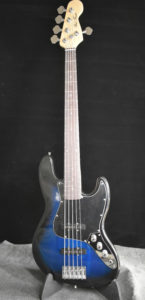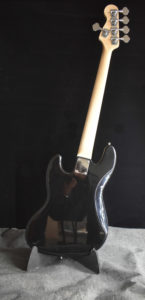Red forest
First of all, we do half-tone climbing exercises on two strings and five grades. The index finger, middle finger and ring finger press 2 chords 5.6.7 items respectively, and the three fingers begin to climb. What is the little finger doing then? The little finger press 1 chord 8 items emptily. The index finger, middle finger and ring finger keep climbing back and forth. 5.6.7.5.6.6.7…. In this process, we must keep the little finger according to one string and eight items, neither according to the facts nor leaving, and keep the virtual press at all times. At first, you will not adapt to it. Slowly climb for a day… a week… a month… until you can’t feel the existence of your little finger. It seems that your little finger has no connection with the other three fingers. Your brain doesn’t need to control your little finger, and he will naturally stop at that position. Raise your little finger a little bit and climb again. It only takes a day to get used to it. Congratulations, you don’t have to worry about raising your little finger.
10. The rhythm of the right hand sweeping can not keep up with it. Is there a special practice method for the sweeping rhythm?
Answer: Slow down the tempo first. The slower the better. Seeking stability is not seeking speed. Only the speed of playing, practice to seek stability but not speed, slow down the speed, until you can play stability. Even a minute of playing a barrel is OK. If the speed of practice is stabilized several times, it will slowly keep up with the speed of the song.
It is suggested that you practice scales more, beat the time, practice scales for 5 minutes before practicing the piano every day, with different modes and positions, you must practice with the time. This is a habit, which can cultivate your sense of rhythm, music and ear training. It’s not easy to really play scales well, so you have to practice every day. If you play scales well, you can master other skills.
You can buy a metronome for tens of dollars, slow it down and practice with it. Now don’t be busy practicing complex rhythm, practice some basic points, four points, eight points, the first eight or sixteen points, attachment points, separate practice and then put on the music. Or a piece of music is linked up by more practice in small sections.、

